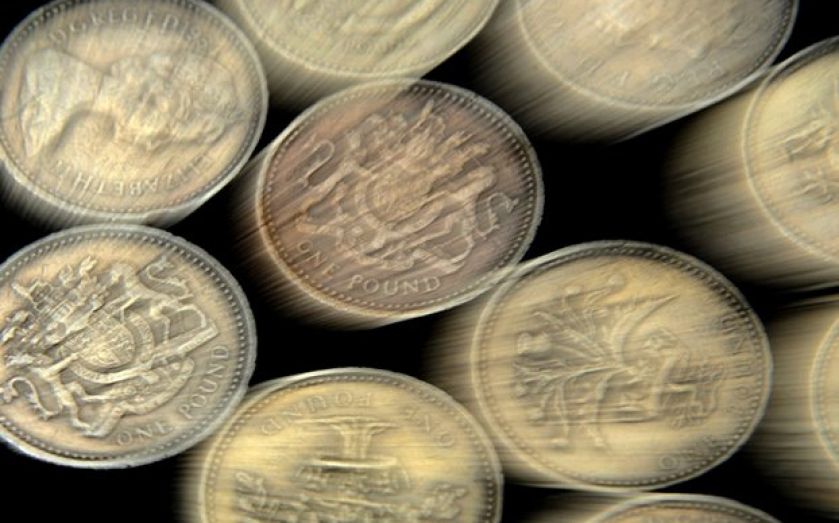UK’s boom and bust into financial crisis not as wild as we thought

Britain’s boom and bust into the financial crisis were both smaller than previously thought, official statisticians confirmed yesterday.
The overall economy is the same size as had been estimated previously.
But the business cycle running up to 2009 was not quite as wild as was previously calculated.
The economy barely contracted at all in 2008, the Office for National Statistics revealed.
It had previously estimated that GDP crashed by 0.8 per cent that year – but, in fact, it now believes output fell by 0.3 per cent.
In 2009, GDP plummeted by 4.3 per cent, not the 5.2 per cent estimated in earlier analysis.
And growth in 2007 was slower than thought – GDP expanded 2.6 per cent in the year, not 3.4 per cent.
The major components of GDP all show they changed markedly over the 12-year period adjusted by officials.
Household consumption fell 0.5 per cent in 2008, not 0.9 per cent.
Government spending increased by 1.2 per cent in both 2007 and in 2009, well above the 0.7 per cent figure previously given for both years.
And gross fixed capital formation crashed by 4.7 per cent in 2008 and 14.4 per cent in 2009 – a far smaller fall than the 6.9 per cent and 16.7 per cent previously reported.
The ONS has revised the data based on new international standards of measuring output. The most eye-catching changes include adding drugs and prostitution to the data.